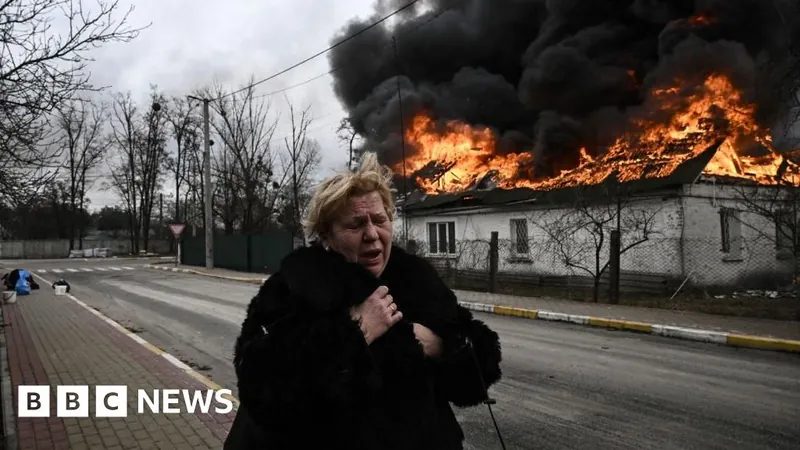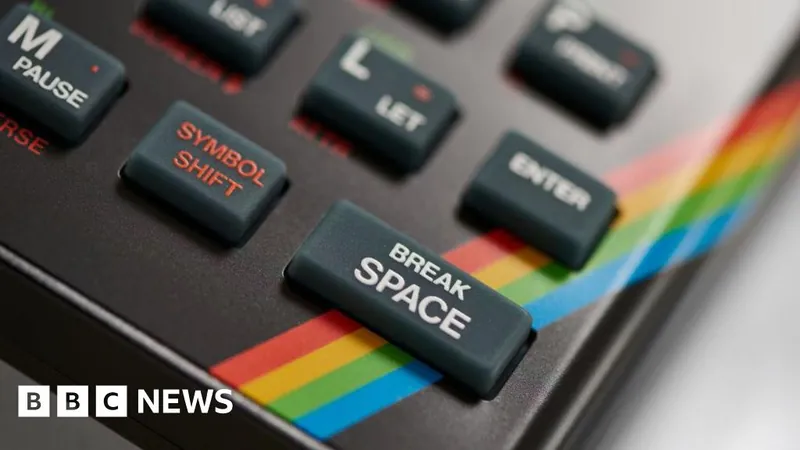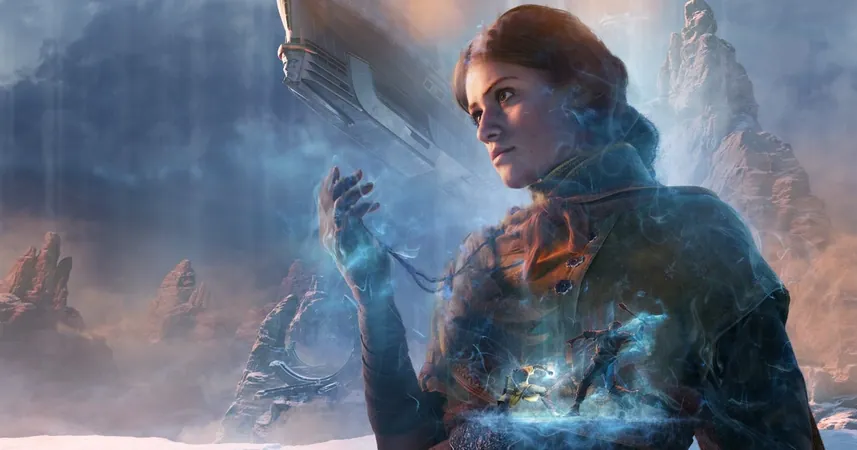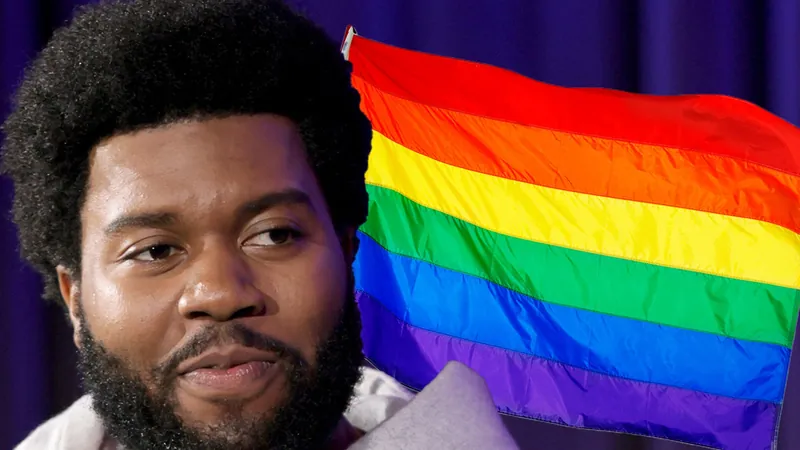
Escalating Tensions: The Ukraine War Enters a Critical Phase
2024-11-22
Author: Noah
Western Allies Amplify Support for Ukraine
In a significant policy shift, US President Joe Biden authorized Ukraine to deploy longer-range ATACMS missiles against targets within Russia, a move that heralds a new chapter in this conflict. Previously, Washington had resisted Ukraine's requests to use these missiles beyond its borders, but pressure to provide robust assistance led to this pivotal decision. Following the announcement, Ukrainian forces launched ATACMS missiles at the Bryansk region, marking the first time American-made missiles have struck Russian territory since the conflict began.
In another daring strike, Ukraine successfully utilized UK-supplied Storm Shadow missiles to hit Russian targets in the Kursk region, an area from which Ukrainian troops have recently reclaimed roughly 600 square kilometers. Biden further escalated military aid by approving the use of anti-personnel landmines, crucial for enhancing Ukraine’s defenses along the eastern front.
With these swift actions, Western powers have communicated an unwavering commitment to Ukraine, reinforcing their resolve in the face of Russian aggression.
Russia Responds with Nuclear Posturing
In response to the Western military buildup, Russia is raising the stakes dramatically. On the conflict's 1000th day, President Vladimir Putin amended Russia’s nuclear doctrine to lower the threshold for nuclear weapon usage, asserting that attacks from non-nuclear nations, particularly if supported by nuclear powers, would be treated as joint assaults on Russia. This dangerous posture demonstrates a readiness to escalate the conflict further.
Additionally, Russia has begun deploying new missile technology, notably the "Oreshnik," which Putin claims can travel at speeds exceeding Mach 10, rendering current defenses ineffective. This move is seen as a warning that Russia could potentially deliver a nuclear payload using this advanced weapon.
Despite the seriousness of these threats, Western leaders appear increasingly desensitized to Russia’s nuclear saber-rattling. It seems that collective acceptance of these dangerous games has taken hold, especially as concerns mount regarding China's growing support for Russia amidst the ongoing sanctions from the West.
Global Implications of the Conflict
In a rare broadcast, Putin warned that the war now possesses "elements of a global character," a sentiment echoed by Polish Prime Minister Donald Tusk, who described the threat of a worldwide conflict as "serious and real." The involvement of North Korean troops fighting alongside Russian forces adds another layer of complexity to the situation, as Kim Jong Un claimed that the nuclear threat has reached unprecedented levels, placing blame on the US for its perceived aggressiveness.
Amid these developments, speculation is rife regarding the possible shift in the US’s approach to the conflict with the anticipated transition to a Donald Trump administration. Trump has professed a desire to end the war swiftly, but his proposed compromises may require Ukraine to concede territory in Donbas and Crimea—an unsettling prospect for its sovereignty and territorial integrity.
As the geopolitical landscape shifts, the world watches closely, holding its breath over the potential outcomes of this ongoing conflict. Global leaders must tread carefully, as the consequences of miscalculations could spiral into a crisis of unimaginable proportions. With tensions at an all-time high, the next moves on this complex chessboard will be critical.









 Brasil (PT)
Brasil (PT)
 Canada (EN)
Canada (EN)
 Chile (ES)
Chile (ES)
 España (ES)
España (ES)
 France (FR)
France (FR)
 Hong Kong (EN)
Hong Kong (EN)
 Italia (IT)
Italia (IT)
 日本 (JA)
日本 (JA)
 Magyarország (HU)
Magyarország (HU)
 Norge (NO)
Norge (NO)
 Polska (PL)
Polska (PL)
 Schweiz (DE)
Schweiz (DE)
 Singapore (EN)
Singapore (EN)
 Sverige (SV)
Sverige (SV)
 Suomi (FI)
Suomi (FI)
 Türkiye (TR)
Türkiye (TR)